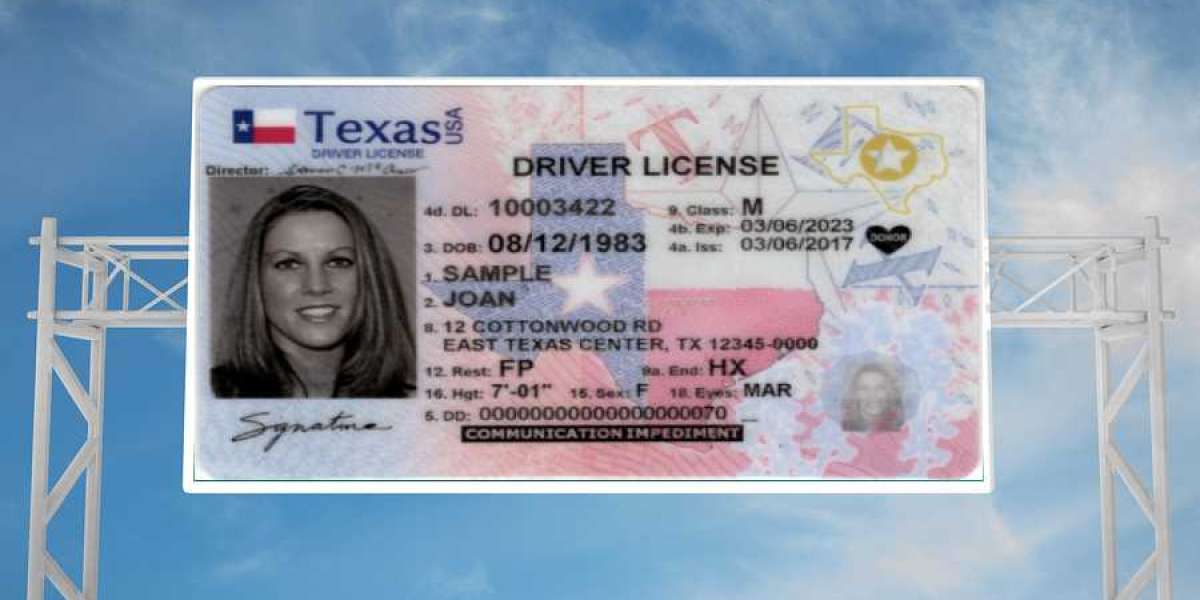A State of Texas ID, commonly known as a Texas Identification Card, is an official identification document issued by the Texas Department of Public Safety (DPS) to residents who do not possess or require a driver's license. It serves as a primary means of identification for individuals who may not drive or choose not to, but still need a valid form of identification for various purposes.
One of the key distinctions between a State of Texas ID and a driver's license lies in their intended use. A driver's license is a multifaceted document that not only serves as a form of identification but also grants the holder the legal privilege to operate a motor vehicle on public roads. This includes the ability to drive cars, motorcycles, and in some cases, other specialized vehicles like commercial trucks or buses. In contrast, a State of Texas ID is strictly an identification document and does not confer any driving privileges.
The eligibility criteria for obtaining a State of Texas ID are relatively inclusive, making it accessible to a broad spectrum of residents. To qualify, an applicant must be a Texas resident and be able to provide proof of identity, residency, and lawful presence in the United States. This makes the ID accessible to individuals of various backgrounds, including citizens, permanent residents, refugees, and others with legal status.
The documentation required for obtaining a State of Texas ID typically includes proof of identity, such as a birth certificate, passport, or immigration documents, as well as proof of residency, which could be established through documents like utility bills, rental agreements, or a government-issued letter. Additionally, applicants must provide evidence of their Social Security Number or a valid exemption.
Unlike a driver's license, a State of Texas ID does not require the applicant to pass any written or practical tests related to driving. This is because the primary purpose of the ID is to establish the holder's identity rather than assess their ability to operate a motor vehicle safely.
The fee structure for obtaining or renewing a State of Texas ID is typically more affordable than that of a driver's license, reflecting the fact that it does not entail the same level of regulatory oversight associated with driving privileges. However, fees may vary based on factors such as the applicant's age and length of validity desired.
While a State of Texas ID does not grant driving privileges, it is widely accepted as a valid form of identification for various purposes. This includes transactions such as opening a bank account, applying for government benefits, entering federal buildings, and in some cases, boarding domestic flights, provided it meets REAL ID Act requirements.
In summary,
A State of Texas ID is a valuable form of identification for residents who do not need or choose not to drive. It distinguishes itself from a driver's license by serving solely as a means of identification, without entailing the responsibilities and privileges associated with operating a motor vehicle. It provides an inclusive and accessible option for individuals to establish their identity and access essential services in the State of Texas and beyond.
For more information visit IDPAPA



